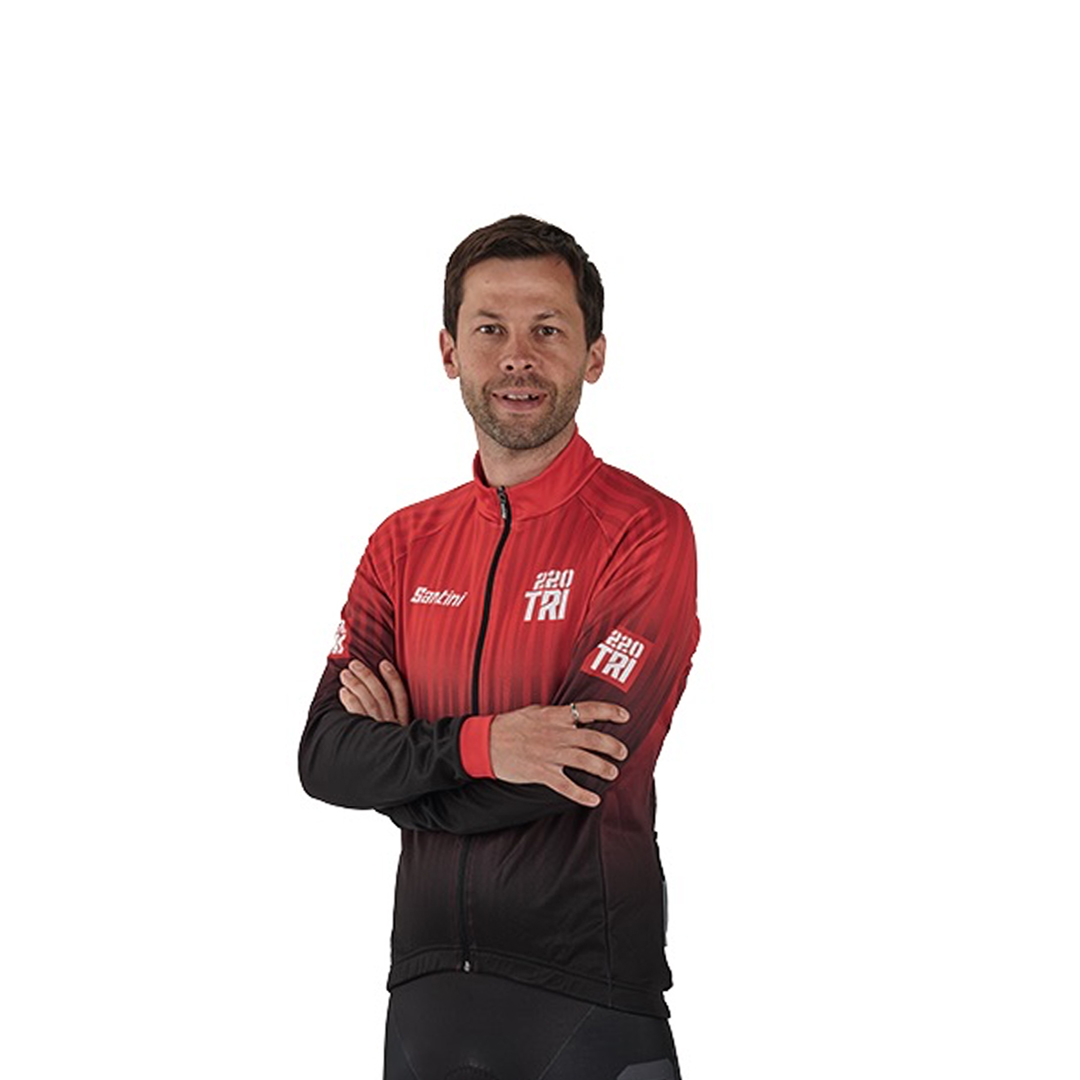220: Apart from the obvious, how does your new role as Head Coach differ to your previous Men's Olympic Coach position?
Bright: Prior to and through the Olympics my sole focus was of course on the men's side and solely on Olympic performance, so at that time a small group of athletes and coaches.
From the end of January forward I’ll have a broader role, working with a larger group of athletes and coaches as we start a new Olympic cycle. I will also be looking to work closely with those who support younger athletes so there’s a clearer pathway from grass roots triathlon to the Olympic podium.
Is [new Performance Director] Brendan Purcell someone you've encountered before? And were you active in his recruitment?
I’ve met Brendan a couple of times and sat in on a presentation he gave at a coaches conference a couple of years ago. I wasn't involved in his recruitment but I know he is passionate about elite sport and understands athlete performance and I'm sure he will bring a lot to the BTF Performance Program.
Is the contract until Rio? With Don, Hayes, Blatchford and Lang likely to be moving on and the Brownlees with Jack Maitland, is your role mostly bringing through the Bishops, Buckinghams and Rosindales for 2016?
As of the end of January I’ll be an employee of the BTF and the aim is to play my part up to Rio and hopefully beyond. My role is to support all the athletes we have identified as potential Rio medalists.
By developing strong relationships with them and their coaches I can offer technical advice and input into their training and race programs. That doesn't change whether they are Olympic medalists or potential medalists. I don't coach anyone personally so there’s no conflict of interest.
Staying at the top is the hard part. How do you ensure complacency is avoided and the hunger remains?
You've got to start from scratch and forget about the past. You don't get a head start in races just because you won an Olympic medal. We're in such a strong position currently because we have athletes who enjoy training hard and winning races.
We also have excellent coaches and support around them who make sure that work ethic remains in place. It's everyone's job within the program to protect the culture of excellence and success and I’ll make sure I play my part in that.
